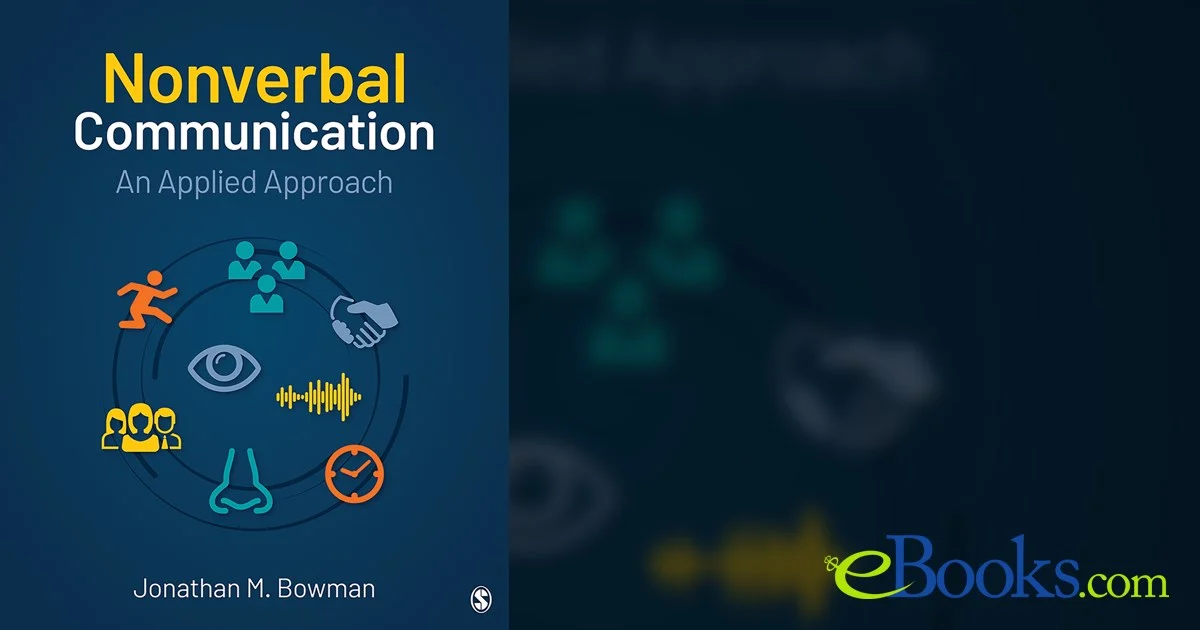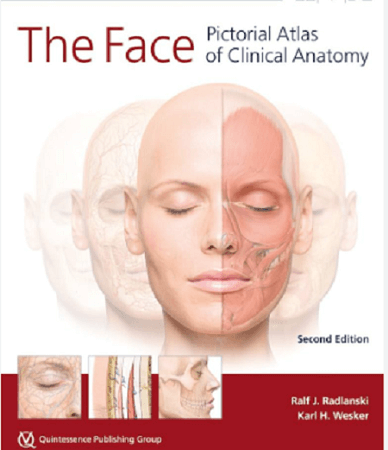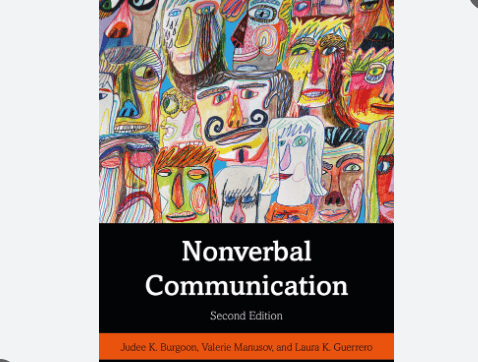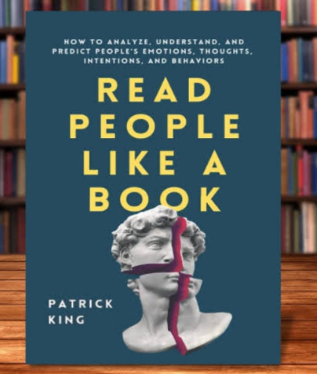Public Administration

- File photo | Credit University of YorkOpens in new window
What Is Public Administration?
There is dual usage of the words Public Administration. They are used to designate and delineate both:
- An area of intellectual inquiry, a discipline or a study.
- A process or activity—that of administering public affairs.
While the two meanings are closely related, they are nevertheless different; it is a difference similar to that between biology as the study of organisms and the organisms themselves.
Public Administration as an academic discipline is a little over a hundred years old, whereas public administration as an activity—the context for which this study is based—is traceable to the earliest periods of human history when man started living in organized societies.
Public Administration is the management of governmental affairs; it comprises activities of all levels of government: national (federal)Opens in new window, stateOpens in new window and localOpens in new window.
It is any kind of administration Opens in new window in the public interest which, in other words, has simply come to mean governmental administration. Administration Opens in new window of private enterprises is known as private administration.
Observe also the following definitions:
Different scholars have given variant definitions of the term administrationOpens in new window:
Frederick LaneOpens in new window defined administration as:
The organizing and maintaining human and fiscal resources to fulfil a group’s goals.
After conducting series of research on the subject, both in practice and theory, Karl MarxOpens in new window defined administration thus:
Administration is determined action taken in pursuit of a conscious purpose. It is the systematic ordering of affairs and the calculated use of resources aimed at making those things happen which one wants to happen.
In the words of J. M. Pfiffner,
Administration is the organization and direction of human and material resources to achieve desired ends.
These definitions, as you might already observe, lay emphasis on two essential elements of administration, namely:
- Cooperative effort, and
- Pursuit of common objectives.
As such,
Public Administration is the organization and management of men and materials to achieve the objectives of the state.
This definition emphasizes the managerial phase of administration and permeates the conduct of the affairs of any other social organization, commercial, philanthropic, religious, or educational, in all of which good management is recognized as an element essential to success. Perhaps it will be made clearer here, to introduce the concept of rational action, defined as ‘action correctly calculated to realize given desired goals with minimum loss to the realization of other desired goals.’
In Public Administration as an activity of administering governmental affairs there is continuous calculation of the means to maximize public goals, although there is great variation in the goal awareness, knowledge, and level of those engaged in the activity. A top leader may be highly trained and spend his time and energy in a conscious and careful calculation of means to realize given public goals.
A machine-operator, on the other hand, may not know or care about the “public” goals of the agency for which he works. Still, the work of the machine-operator will be rational, in the sense that it is a joining of means to ends—say, the operation of a calculating machine for the solving of arithmetical problems. Rationality may be built into a mechanical operation or even a profession. The task of a leader or administrator is then to relate such built-in rationality to goals which he seeks in such a way that these goals are maximized.
The objective of public administration is the most efficient utilization of the resources at the disposal of officials and employees. These resources include not only current appropriations and material equipment in the form of public buildings, machinery, highways and canals, but also the human resources bound up in the hundreds of thousands of men and women who work for the state.
In any given direction, good administration seeks the elimination of waste, the conservation of material and energy, and the most rapid and complete achievement of public purposes consistent with economy and the welfare of the workers.
Advantages of the study of Public administration
Public administration as field of activity and Public administration as a discipline both has various advantages.
Woodrow Wilson is of the view that the central purpose of administrative study was to discover and establish a set of valid principles for executive practice in government.
Going forth with Wilson's view, the study of Public administration:
- helps the student learn the basic concepts and theories of Public administration,
- promotes an awareness of the importance of administrative activities in the life of the people,
- promotes a superior understanding of government and its relationship with the society it governs,
- provides knowledge of public organizations and the context and methods by which they operate,
- educates people for intelligent citizenship and creates interest in them to take part in public affairs, and finally,
- prepares students for public employment and makes them aware of the opportunities and challenges of the public service.
Who are Public administrators?
Public Administrators are the people who work at the federal, state and local levels of government. These people are paid by the governments to perform their tasks.
Employees at the federal level, who works at the different executive departments, agencies, government corporations, office of the president, as well as the public officials working at Congress, and the judiciary are considered public administrators.
Similarly, the employees at the state level who works at different agencies or departments and commissions are also regarded as public administrators.
At the local level, the public administrators work at communities and districts; they include but not limited to police officers, fire fighters, traffic warden, waste managers, etc.
The role of public administrators is oriented towards bringing people to the table and serving citizens in a manner that recognizes the multiple and complex layers of responsibility, ethics and accountability in a democratic system.
A responsible administrator would work to engage citizens not only in planning, but also implementing programs to achieve public objectives.
























